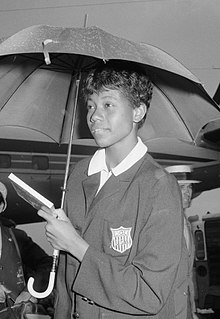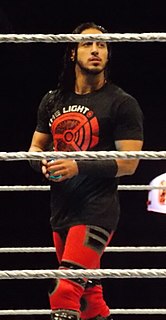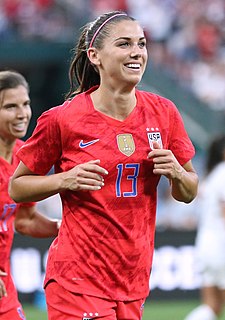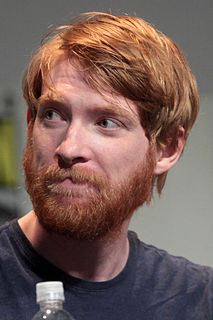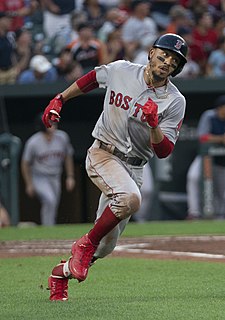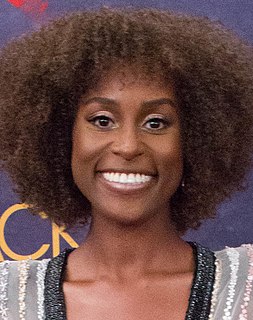A Quote by Amanda Seales
I was in the music industry as Amanda Diva for 10 years but I realized that I had bigger work to do and needed to get busy doing that work. I really do believe that I'm here for a bigger purpose, and I want to be a role model and speak for the black community and black women specifically. Humor was the way it felt most organic and effective for me.
Related Quotes
I was always telling myself I could handle a more complex role, I could handle something bigger and more interesting than the work I was doing. But I wasn't demanding that of myself. At a certain point, I realized it was never going to come my way unless I started taking more control of it. That's what I realized I had to do.
Virginia Mayo had kind of a small role in The Best Years of Our Lives, but you got the whole character in one scene. Where are those parts? I was talking to somebody about great actors: Morgan Freeman's name came up, Forest Whitaker, Denzel Washington. And I realized, there're no black actresses. Where's there a black actress who's been extremely successful in the past 10 years?
It gave me a lot of pleasure and pride that 90 percent of the crew for 'Monsoon Wedding,' and most of my film, are women. We get the work done, you know, much lesser play of ego... And I really believe in harmony, I believe in working in a spirit of egolessness and that the film is bigger than all of us.
I think it's something much bigger than just pro wrestling and the industry I work in. It's across all media. You look at Hollywood movies: there's not the Muslim hero or the guy who looks like me and has a name like mine who is portrayed in a positive manner or in a leading role. So, growing up, I didn't have a role model that looks like me.
One of the facets of growing up the way I did, I never had the experience of being solely in the black community. Even my family, my mother is what they call Creole, so she's part French, part black, and grew up in Louisiana. It's a very specific kind of blackness that is different than what is traditionally thought of as the black community and black culture. So, I never felt a part of whatever that was.
'Black Mirror,' I read that, and I had another offer for a movie at the same time that was a bigger movie, an actual film as opposed to TV, but I said, 'No, it has to be Black Mirror.' And it hadn't been sold to Netflix, hadn't gone abroad at that point - but it's just good work - that's all there is to it.
Women have to make a living. We don't live in a wealthy world where we even have a choice. We're losing our choice of whether or not we need to work. If we want to work, we obviously should work and have that choice, but a lot of women can't even get to the word "want." They need to work. And it's great to see women who needed to work and found a way to become a firefighter or a steel worker. That, to me, is very exciting.
There are many things that black women can continue to do to help black folk. First, black women have historically been among the most vocal advocates for equality in our community. We must take full advantage of such courage by continuing to combat the sexism in our communities. Black women, whether in church, or hip-hop, don't receive their just due. Second, when black women are in charge of child-rearing, they must make ever so sure to raise black children who respect both men and women, and who root out the malevolent beliefs about women that shatter our culture.
The black characters on TV are the sidekicks, or they're insignificant. You could put all the black sidekicks on one show, and it would be the most boring, one-dimensional show ever. Even look at the black women on 'Community' and 'Parks and Recreation' - they are the archetype of the large black women on television. Snide and sassy.

